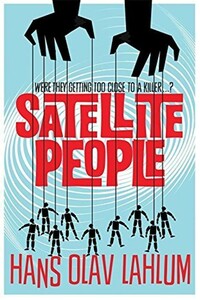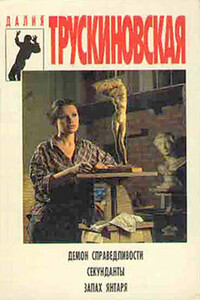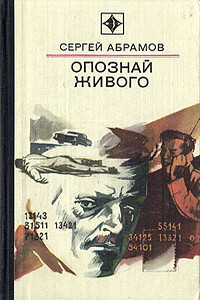The Catalyst Killing | страница 18
Anders Pettersen seemed to be an intelligent if somewhat unsystematic thinker who had nothing against the sound of his own voice. Given his extremely radical political views and his agitated state of mind, his line of thought was not entirely unreasonable. But I was more interested in the facts.
Merely saying the name Falko Reinhardt for Anders Pettersen proved to be like pressing a button. He had known Falko since class three at school, and had always regarded him as a kind and wise elder brother. Falko was, for him, Norway’s answer to Che Guevara and a possible future leader on a par with Mao. The reason that he had now informally assumed leadership of the group in Falko’s absence was precisely because he had known Falko the longest, and could thus best imagine what he would have thought.
As for the disappearance itself, Anders Pettersen had little to add to what the others had already told me. He had initially refused to believe that Falko was dead in the period following his disappearance, but gradually the doubt had crept in. It seemed increasingly odd that Falko had not contacted him or the group if he was still alive. Falko might be in a secret American prison camp and unable to get out, but it seemed more and more likely that he had simply been killed. And Anders could imagine no satisfactory explanation of how any hypothetical kidnappers or murderers had managed to get Falko out of the cabin without being noticed.
In contrast to his impassioned response to questions about Falko Reinhardt and Marie Morgenstierne, Anders Pettersen’s reaction to my question about the split between the group and Miriam Filtvedt Bentsen was unexpectedly cool. He shook his head thoughtfully and commented that he had been surprised when she got up and left, but that afterwards it had only served to strengthen a suspicion that he had had for some time.
Anders Pettersen gave me a meaningful and loaded look when he said this. His expression then became mildly patronizing when I asked what he meant by it. It had been clear to him and the other members of the group that they were being watched by the police security service from as early as 1968. However, even though they were on their guard, they had not noticed any direct surveillance. It had also been clear to Anders that there was an informant within the group who was reporting directly to the police – and he had come to believe that Falko shared this suspicion in the months before he disappeared.




